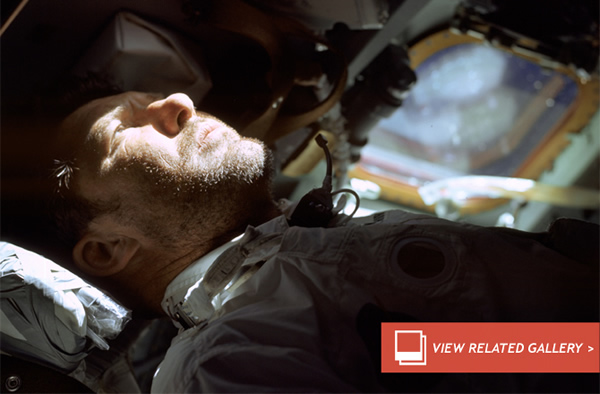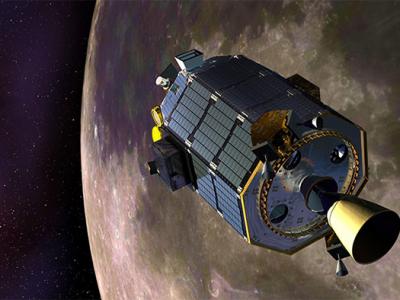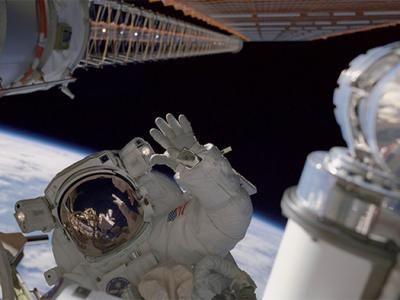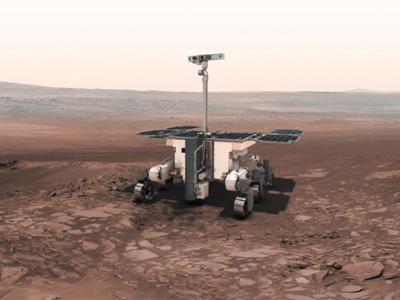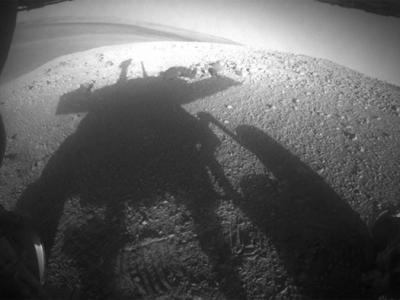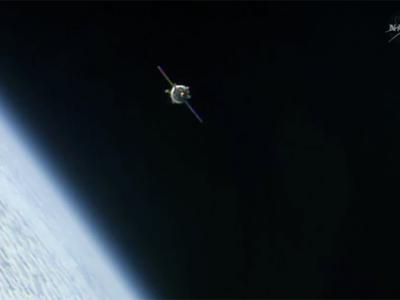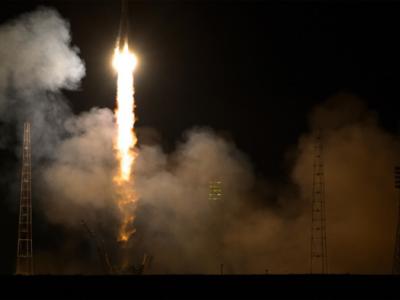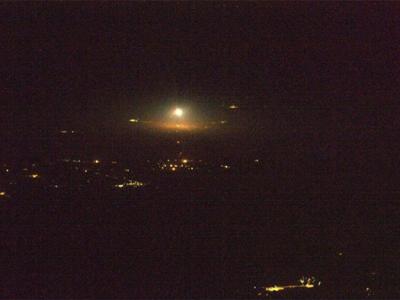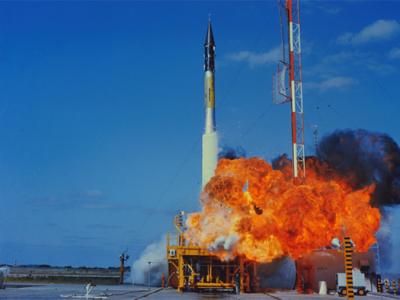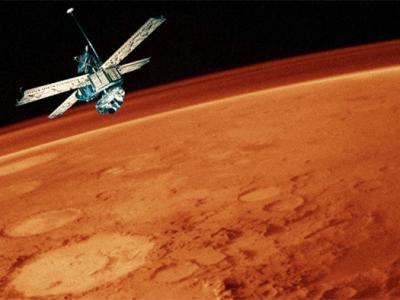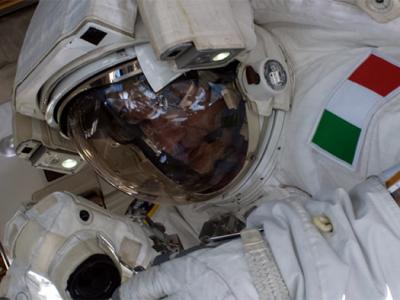Near-Mutiny on Apollo 7: Colds, Tempers Marred Mission
On Oct. 22, 1968, Apollo 7 splashed down in the Atlantic Ocean after 11 days in space. Though often overlooked, Apollo 7 was a significant mission. This first manned mission after the Apollo 1 fire not only got got NASA back on track to the moon, it proved the Apollo Block II spacecraft was fit to fly and become the workhorse of the whole program. Unfortunately, the mission was also marked by high tensions between the crew and mission control that took a toll on the astronauts’ futures.
Apollo 7 launched atop a Saturn IB rocket on Oct. 11, 1968, with Commander Wally Schirra, Walt Cunningham, and Donn Eisele on board. It was a relatively simple Earth orbital mission with just the Command and Service Modules, but the flight plan was packed with experiments and tests to prove the spacecraft was up for its lunar task. The crew was charged with testing their sextant’s calibration; spacecraft attitude control, evaporator, and navigation systems; rendezvous radar by rendezvousing with their S-IVB upper stage during their first two days in orbit; thermal control system; and service module propulsion systems. They were also the first crew to do a live television broadcast from orbit, something Schirra had unwillingly agreed to do.
Before launch tensions were high. The crew felt their schedule was too full and Schirra fought to have the TV broadcast cancelled since it didn’t accomplish any technical or scientific goals. And things only got worse when the crew reached orbit and Schirra reported a cold coming on.
By the second day in space, all three men were congested with the same head cold. And they were miserable. The Earth’s gravitational environment mean that any fluid accumulating in the sinuses with a cold drains. But in a pressurized cabin in a microgravity environment, that natural drainage doesn’t happen. The only relief the crew had was blowing their noses, hard, which led to a painful pressure in their ears and increased their risk of a burst ear drum.
The three men took aspirin and decongestant, but there was otherwise little they could do. They were stuck being uncomfortable. In short order, discomfort led to bad moods. As the mission wore on, conversations with mission control became increasingly terse. And Schirra as commander of his craft, began arguing with and defying mission control.
The crew argued with mission control about the TV transmissions seeking to cancel the first broadcast scheduled for their second day in orbit. They fought back against changes and additions to their flight plan, be it an additional engine burn or a test of the TV circuit. They berated “the man” who had designed a particularly clunky piece of equipment over an open line. Everyone in NASA could hear their complaints, and no one appreciating the astronauts they were working so hard to keep safe insinuating they were idiots.
Adding to the crews frustrations was NASA’s order that one crewman be awake at all times so mission control could have a constant link with the spacecraft. This mean that one man would always be talking over the headset while the others were trying to sleep. For those resting, taking their headsets off did little to help; the Apollo spacecraft was so small there weren’t any quiet corners to hide out in.
Exhausted, uncomfortable, and frustrated, the crux of the crew’s arguments with mission control came at the end of the flight. Procedures stipulated that the crew wear pressure suits and helmets throughout reentry as a defense against sudden loss of cabin pressure. But Schirra didn’t like the idea of wearing a pressurized helmet with a cold, fearing the inability to blow his nose might result in a burst eardrum. It had happened before when he’d flown with a cold years previously. Schirra won the fight. Each astronaut took a decongestant pill and, cushioning their heads with whatever they could find, settled their unhelmet heads on headrests for reentry.
Unfortunately for the crew, Apollo 7 was the last mission for all three of them. Schirra and Eisele left NASA shortly after, though Cunningham did stay with NASA long enough to work on the Skylab program. Lead Flight Director Chris Kraft is said to have vowed that none of the men would ever fly again, and Deke Slayton, head of the astronaut office and flight assignments, seems to have obliged. He couldn’t assign anyone to a crew that Kraft’s people wouldn’t work with, not when there were other astronauts waiting for flights of their own.
Head colds aside, Apollo 7 was a striking success. The crew proved the spacecraft was ready for a lunar mission, prompting NASA to send Apollo 8 in lunar orbit two months later and setting the stage for the agency to make the final push to land men on the moon within the decade.
Image: A heavy beard covers the face of astronaut Walter M. Schirra Jr., Apollo 7 commander, as he looks out the rendezvous window in front of the commander’s station on the ninth day of the Apollo 7 mission. Credit: NASA(Oct 23, 2013 11:47 AM ET // by Amy Shira Teitel)
